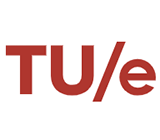Introduction
Eindhoven University of Technology (TU/e, Technische Universiteit Eindhoven in Dutch) is a famous European technical university located in Eindhoven, the Netherlands. It is a strategic member of the European Alliance of Excellent Technical Universities. It enjoys a high reputation internationally and is known as one of the top technical universities in Europe.
Overview
Number of students and faculty: In 2020-2021, about 14,000 students were enrolled in its bachelor's and master's programs, and about 1,350 students were enrolled in doctoral and postgraduate engineering (pdeng) programs. In 2021, the school has about 3,900 faculty and staff.
Campus area: The campus area is 121 hectares, and it is a modern urban campus.
History and establishment time
The school was founded by the Dutch government on June 23, 1956. Its predecessor was the Eindhoven Institute of Technology. It is the second such institute in the Netherlands, second only to Delft University of Technology.
School strength
Faculty: It has about 3,900 faculty and staff, including many experts and scholars with rich teaching and scientific research experience in engineering technology, natural sciences and other fields, providing students with high-quality education and guidance.
Scientific research results: The school has achieved remarkable research results in the fields of energy, biology and life sciences, smart mobility, etc., and has cooperated with Dutch lithography machine giants ASML, TNO Automotive, Shell, Philips, NXP and other well-known enterprises, promoting the transformation and application of scientific and technological achievements.
Institutional Nature
The Eindhoven University of Technology is a public research university.
Educational Philosophy
Focus on combining academic research with design applications, emphasizing the cultivation of students' innovation, practical ability and teamwork spirit, and encouraging students to complete part of their studies in other universities at home and abroad or in cooperation with companies and enterprises to better adapt to the needs of society and the market.
Key Laboratories and Disciplines
Key Laboratories: It has national research institutions such as the Center for Biomedical Science and Technology Research (BEST/e), the Center for Wireless Communication Technology Research (CWT/e), the Eindhoven Innovation Research Center (ECIS), the European Center for Retail and Service Research (EIRASS), the Embedded System Research Center, etc.
Key Disciplines: Electronic Engineering and Information Technology, Industrial Mathematics, Statistics and Operations Research, Chemical Engineering, Mechanical Engineering, Computer Science and other disciplines have a high reputation and influence internationally, among which Statistics and Operations Research ranks 29th, Chemical Engineering ranks 35th, Mechanical Engineering ranks 37th, Electronic and Electrical Engineering ranks 54th, Computer Science ranks 64th, and Mathematics ranks 84th.
Department
The school has 9 faculties, including the School of Biomedical Engineering, the School of Architecture and Urban Planning, the School of Electronic Engineering, the School of Industrial Design, the School of Chemical Engineering, the School of Engineering Management, the School of Applied Physics, the School of Mechanical Engineering, and the School of Mathematics and Computer Technology.
Ranking
Ranked 99th in the 2019 QS World University Rankings and 3rd in the Netherlands.
Ranked 50th in the 2021 QS World University Rankings for Engineering and Technology and 9th in continental Europe.
Ranked 125th in the 2022 QS World University Rankings.
Expenses
Tuition fees: Tuition fees for EU/EEA students are approximately €2,143 per year, while tuition fees for non-EU/EEA students range from €6,700 to €15,000 per year. Euros.
Scholarships: The school offers a variety of scholarships for international students to reduce their financial burden.
Campus
Teaching facilities: The campus has modern teaching buildings, libraries, research laboratories, sports centers and student dormitories, providing students with a good learning and living environment.
Campus planning: All faculties and student facilities are distributed along the "Green Corridor". Many existing buildings on campus have been renovated and some new buildings have been built. During the construction process, attention is paid to retaining existing materials and adopting new sustainable materials and optimal energy-neutral solutions.
-
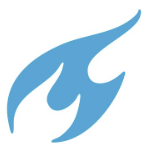
Delft University of Technology
-
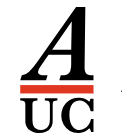
Amsterdam University College
-

University of Amsterdam
-

TIAS School for Business and Society
-
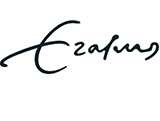
Erasmus University Rotterdam
-
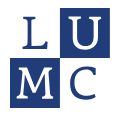
Leiden University Medical Center
-
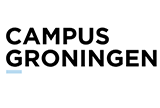
University Medical Center Groningen
-

Saxion University of Applied Sciences
-

Academic Hospital Maastricht
-

Wageningen University and Research Centre
-

Mesoamerican University
-

Istmo University
-

Mariano Galvez University of Guatemala
-

Regional University of Guatemala
-

Galileo University
-

Francisco Marroquín University
-

Rafael Landívar University
-

University of the Valley of Guatemala
-

University of San Carlos of Guatemala
-

Technological Institute of Tlaxcala Plateau
-

Golfo University
-

Technological University of South Sonora
-

Technological University of Huejotzingo
-

Tizimín Institute of Technology
-

Chilpancingo Institute of Technology

